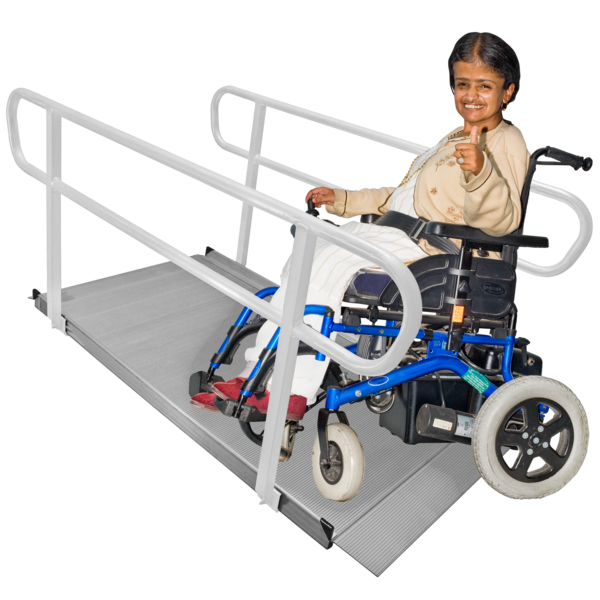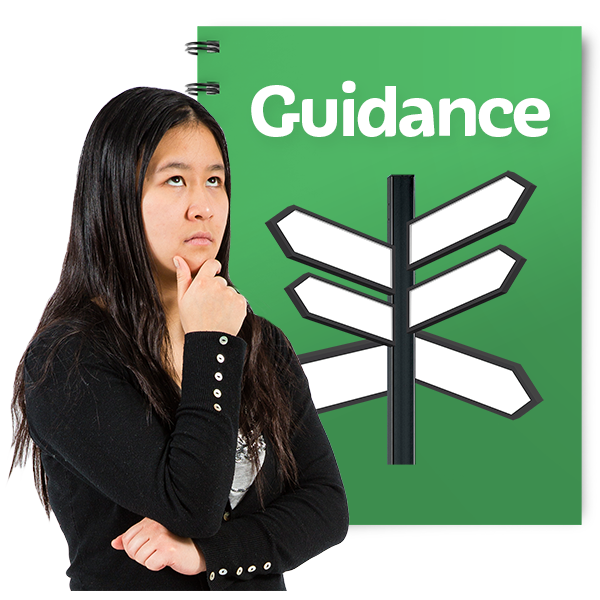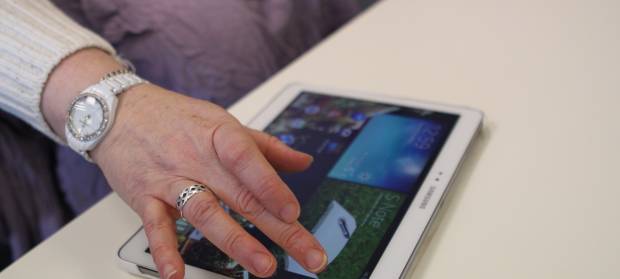Mencap’s
website
 A website is a page you can go to on the internet like Google or YouTube.
has been designed, developed and tested alongside people with a
learning disability
A website is a page you can go to on the internet like Google or YouTube.
has been designed, developed and tested alongside people with a
learning disability
 A learning disability is to do with the way someone's brain works. It makes it harder for someone to learn, understand or do things.
, their parents, carers and family members.
A learning disability is to do with the way someone's brain works. It makes it harder for someone to learn, understand or do things.
, their parents, carers and family members.
We want it to be
accessible
 Accessible means something is easy for people to use or join in with. For example: Accessible writing means the writing is easy to read and understand.
for everyone, no matter what device or assistive technology you are using.
Accessible means something is easy for people to use or join in with. For example: Accessible writing means the writing is easy to read and understand.
for everyone, no matter what device or assistive technology you are using.
Click on each of the headings below to find out more about the different parts of the website.
Easy read documents
We try to make all our website content as easy to read as possible, but we also produce
easy read
 Easy Read is a way of making written information easier to understand. Pictures are usually added next to the writing.
versions of all important information that you might want to print off, such as our:
Easy Read is a way of making written information easier to understand. Pictures are usually added next to the writing.
versions of all important information that you might want to print off, such as our:
- vision statements
- campaign materials about your rights
- guides on how to vote
- advice and support factsheets on topics such as health.
Browse all our easy read documents here.
You can also request easy read versions of our publications if it isn’t already available on the website by emailing webmaster@mencap.org.uk.
We will aim to get these created within 3 weeks.
Accessible formats
We aim to present all important information as HTML webpages, but often we create guides and easy read documents that you can download and print. These are in PDF (Portable Document Format) and Word document format.
If you have any problems downloading or reading these files, you may need to download additional software:
- If you can't open a PDF file try downloading the latest Adobe Reader software
- If you can't open a Word document try downloading the latest Word viewer software.
PDF files from April 2017 have been created to be accessible, but you can request an accessible version of any older files by emailing us at webmaster@mencap.org.uk.
For example, you might like a document in large text, black and white, vanilla, or another language. We’ll do our best to make these available within a couple of weeks, but some requests may take longer depending on what they are.
Language
We want to make sure that the language we use on the website is Plain English. No jargon, no unnecessary language, just simple and useful information.
We put Alternative Text (or Alt Text) on images used on the website for screenreader users.
Visual communication
We use icons, images, videos and colour-coding on the website to help illustrate the text. This decision came out of many
focus groups
Where a group of people meet to talk about a topic, and a researcher asks them some questions.
and interviews with people with a learning disability about the kind of website they wanted to use.
The colour coding is designed to help you associate which pages are in different sections of the website. For example:
- Advice and support = teal
- Learning disability explained = blue
- About us = red
- Get involved = pink
- Stories and press releases = teal
Larger text size and images
We’ve designed our website with large font sizes to make text easier to read. If you would like to increase it further, this BBC guide shows you how you can increase text size in your browser settings.
The BBC has also produced a guide about how to magnify your screen within your browser.
You can also zoom in to magnify the text and images on the page by using the 'View' menu in your browser, or by pressing 'Ctrl' and '+' on the keyboard to zoom in and 'Ctrl' and '-' to zoom out.
Change background or text colour
Our website aims to meet WCAG 2.0 recommended colour contrast ratios, making text easier to read.
We know that some people find it easier to read text when the background and font are certain colours.
For example, dark green text on a pale yellow background can be easier to read if you have
dyslexia
 Dyslexia is a learning difficulty. People who have dyslexia can find it hard to read, write and spell.
. You can download free fonts like Dyslexie and OpenDyslexic. Many browsers now enable you to change the colour of the background and text of your screen. This guide by the BBC shows you how to choose your own colours.
Dyslexia is a learning difficulty. People who have dyslexia can find it hard to read, write and spell.
. You can download free fonts like Dyslexie and OpenDyslexic. Many browsers now enable you to change the colour of the background and text of your screen. This guide by the BBC shows you how to choose your own colours.
Heading structure
We have addressed issues with our heading structure to make sure that all pages of our website follow a logical order and are easier to navigate.
Link text
When we add links in text, we make sure that the link text clearly describes the destination of that link or the action that clicking on the link will allow you to do.
This is so that you end up exactly where you want to.
Video content
All videos on the website are hosted on Youtube and embedded in the web page.
We add captions to the videos on our website so that they can be followed easily.
Assistive technology
If you use assistive technology, like a screen-reader, we want to make sure that our website’s technology and content works together to give you the best possible experience.
Our website will be compatible with:
- screenreaders
- screen magnifiers
- speech recognition software on your device.
Browsers we support
Our website supports the latest versions of the following browsers, broken down by operating system:
- Windows: Chrome, Firefox and Internet Explorer
- Mac OS X: Chrome, Firefox and Safari
- iOS: Safari and Chrome
- Android: Chrome.
The following browsers are now out of date:
- Internet Explorer 11
- Safari 9
- Opera 34.
If you use one of these browsers we would recommend that you upgrade to the latest version or switch to a different browser like Chrome for a better experience.
More accessibility features
The BBC has produced a series of accessibility guides on how to change your computer and browser settings to make websites more accessible for you.
For example, you can make your computer speak text aloud, make the mouse easier to see, and make your keyboard easier to use. Go to accessibility guides.
Accessibility testing
Our website is regularly tested for accessibility by people with our learning disability.
We work very hard to make sure that our website is accessible for people with a learning disability. Our goal is to meet Web Content Accessibility Guidelines 2.0 (WCAG) AA.
Please don’t hesitate to contact us to request information in an accessible format.
We’d also welcome your feedback which you can give using the form below.
Would you like to be a tester?
We do regular testing with groups of people with a learning disability.
If you are interested in helping us make the site accessible for more people, we would love to hear from you.
You don’t need to have any technical knowledge and we will give you all the
guidance
 Guidance means being given clear instructions to be able to do something well.
and support you need. You can do this from the comfort of your own home and it doesn’t have to take much time.
Guidance means being given clear instructions to be able to do something well.
and support you need. You can do this from the comfort of your own home and it doesn’t have to take much time.
If you’d like to know more, please email webmaster@mencap.org.uk.
We want to know what you think about our website.
It is really helpful to us and helps us to make things better for you.
Connect with others going through similar experiences to you.
Mencap’s online
community
 A community is the people and places in an area.
is a safe and supportive place to meet others, ask questions about learning disability, share experiences and offer support.
A community is the people and places in an area.
is a safe and supportive place to meet others, ask questions about learning disability, share experiences and offer support.
